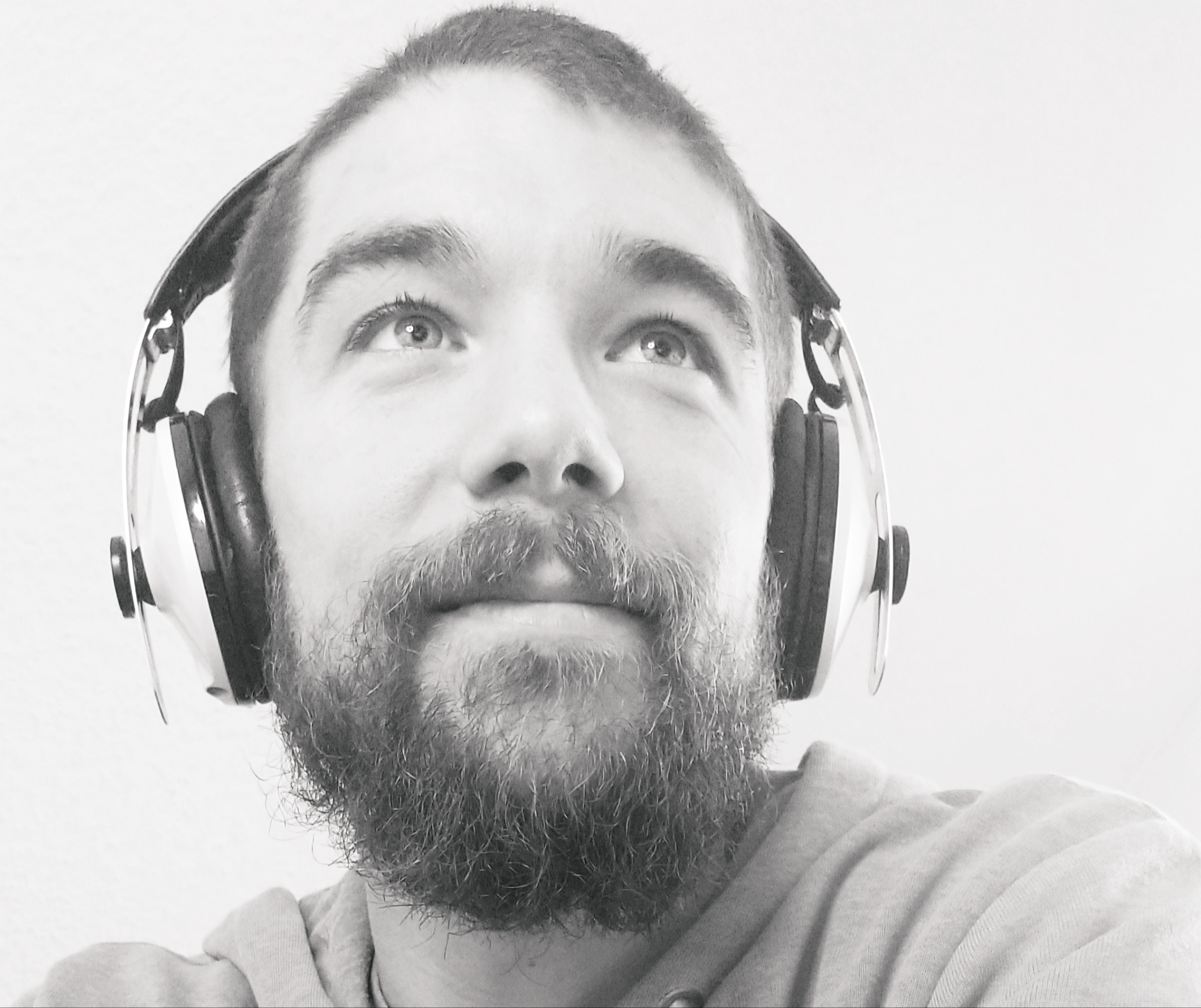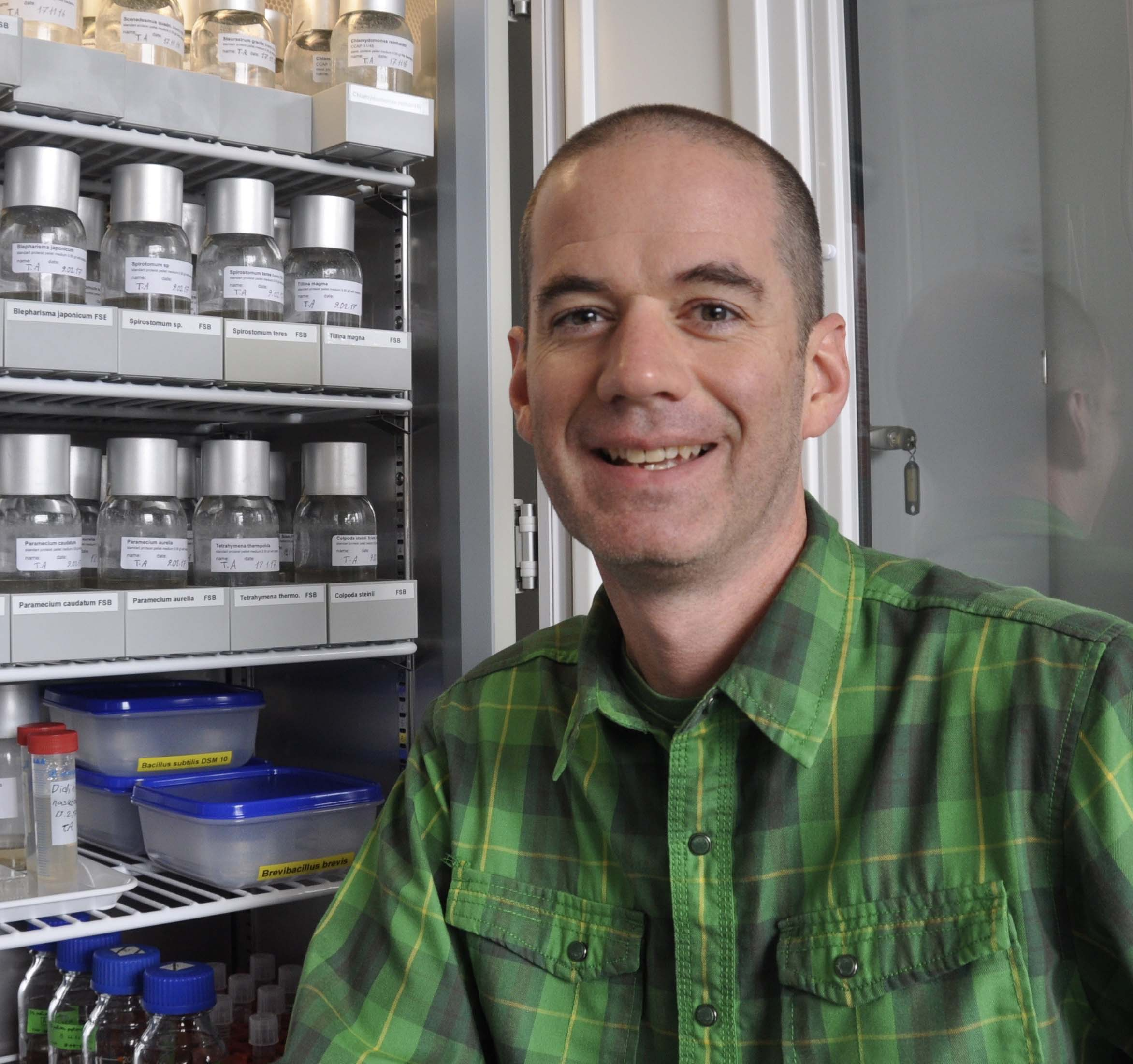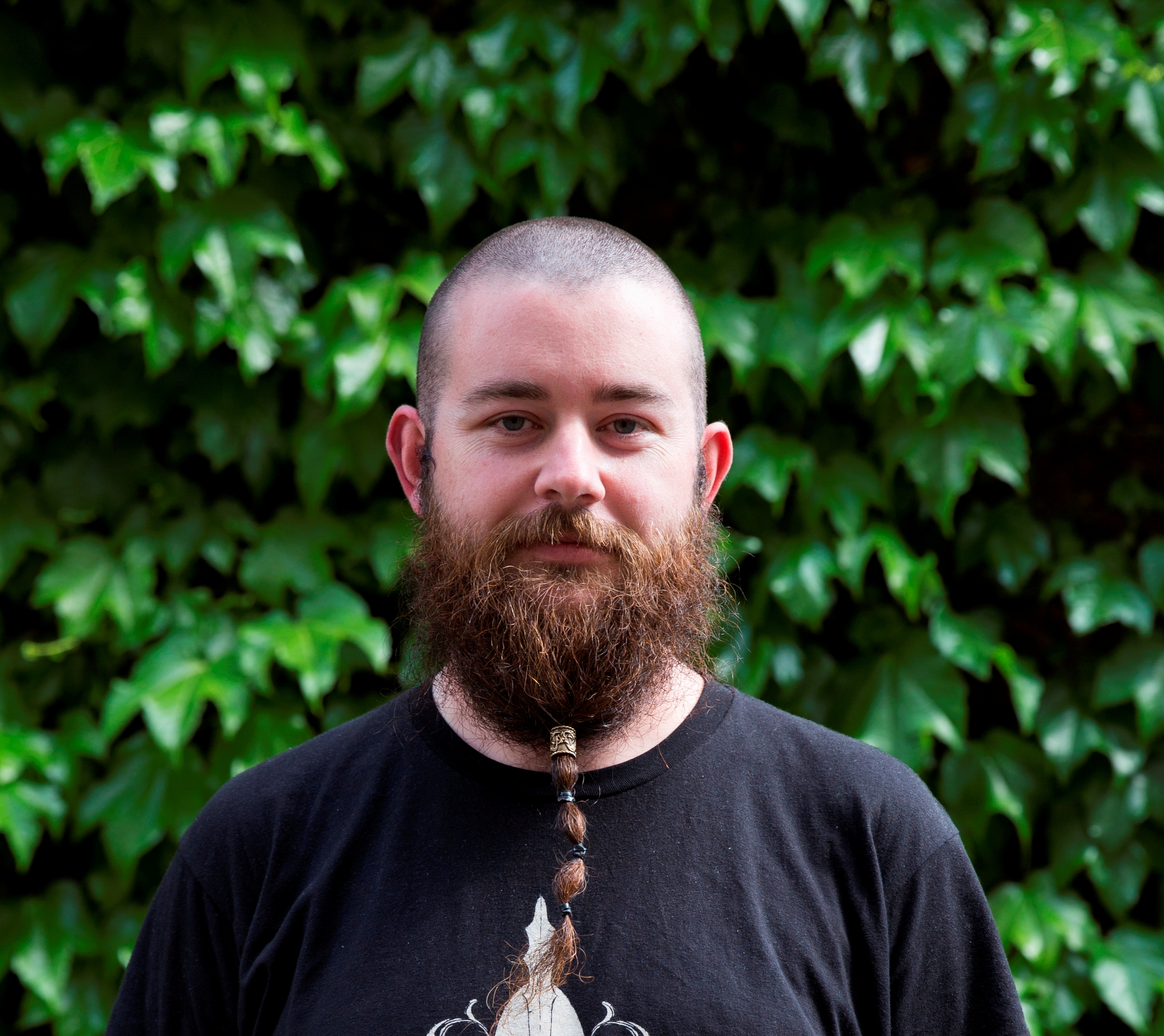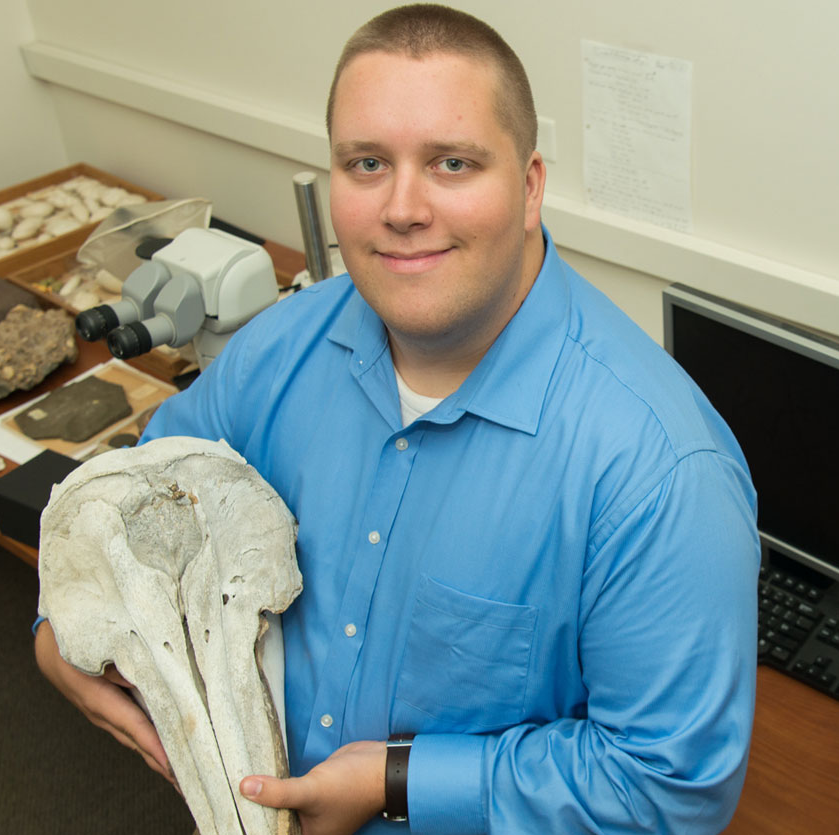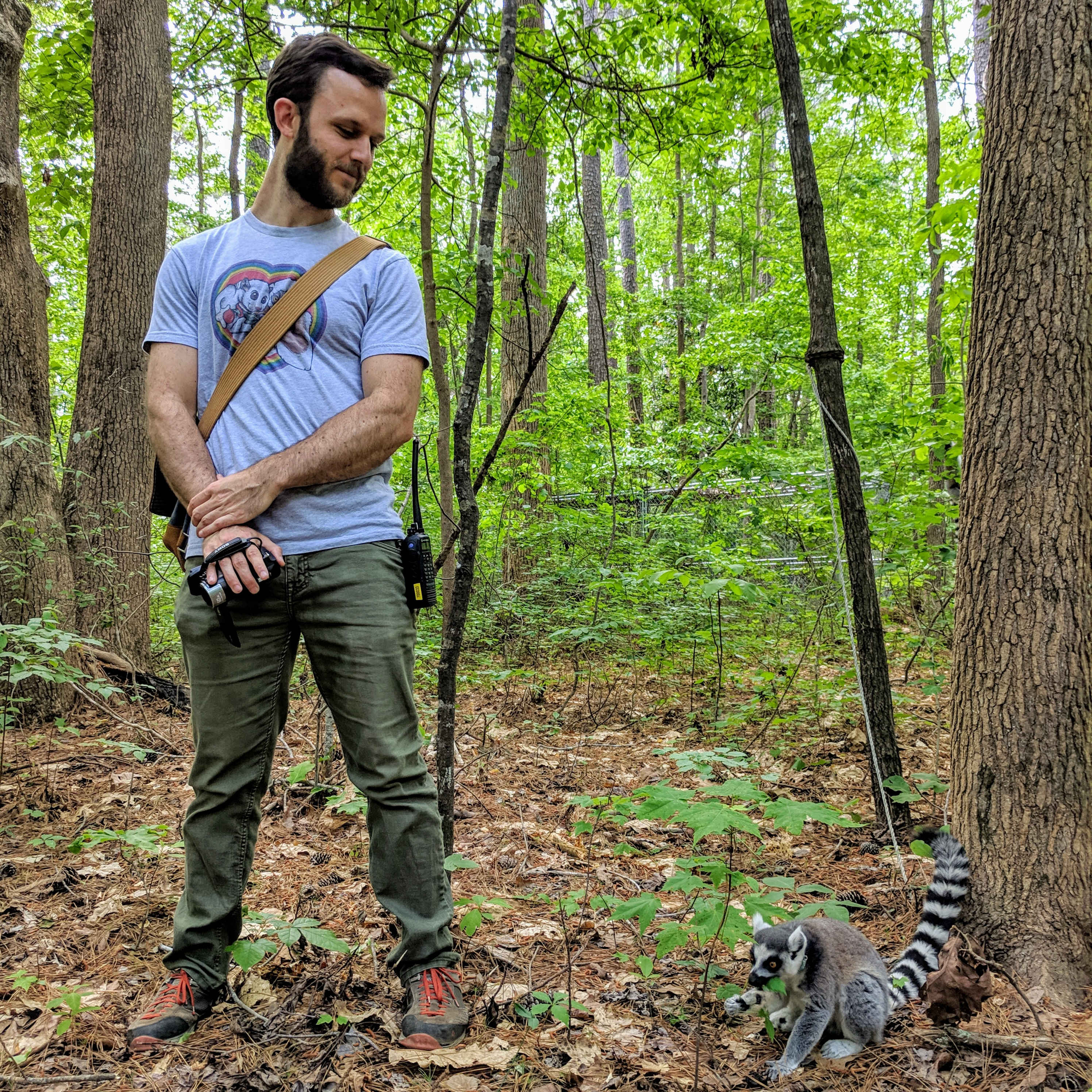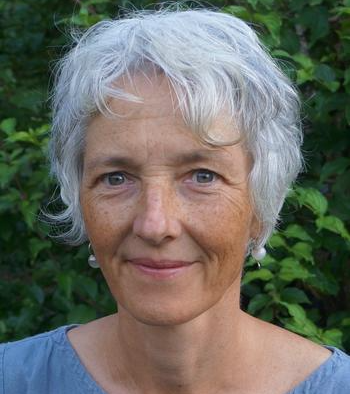SORTEE member voices – Alfredo Sánchez-Tójar
[SORTEE member voices is a weekly Q&A with a different SORTEE member]
Name: Alfredo Sánchez-Tójar.
Date: 06 September 2021.
Position: Principal Investigator.
Research and/or work interests: I’m an evolutionary ecologist with a soft spot for birds and a great interest in evidence synthesis, meta-research and open science.
How did you become interested in open research?
I became interested in open research during my PhD and mostly as the result of multiple failed replication attempts of a textbook example in behavioural ecology, the badge of status or signalling status hypothesis in house sparrows. During my PhD I was also surrounded by a few persistent colleagues that would not stop talking about low reproducibility, low replicability, reduced data and code openness, etc… so it was relatively straightforward for me to become more and more interested in these topics, and to feel more and more the need for changes in the way we do science.


